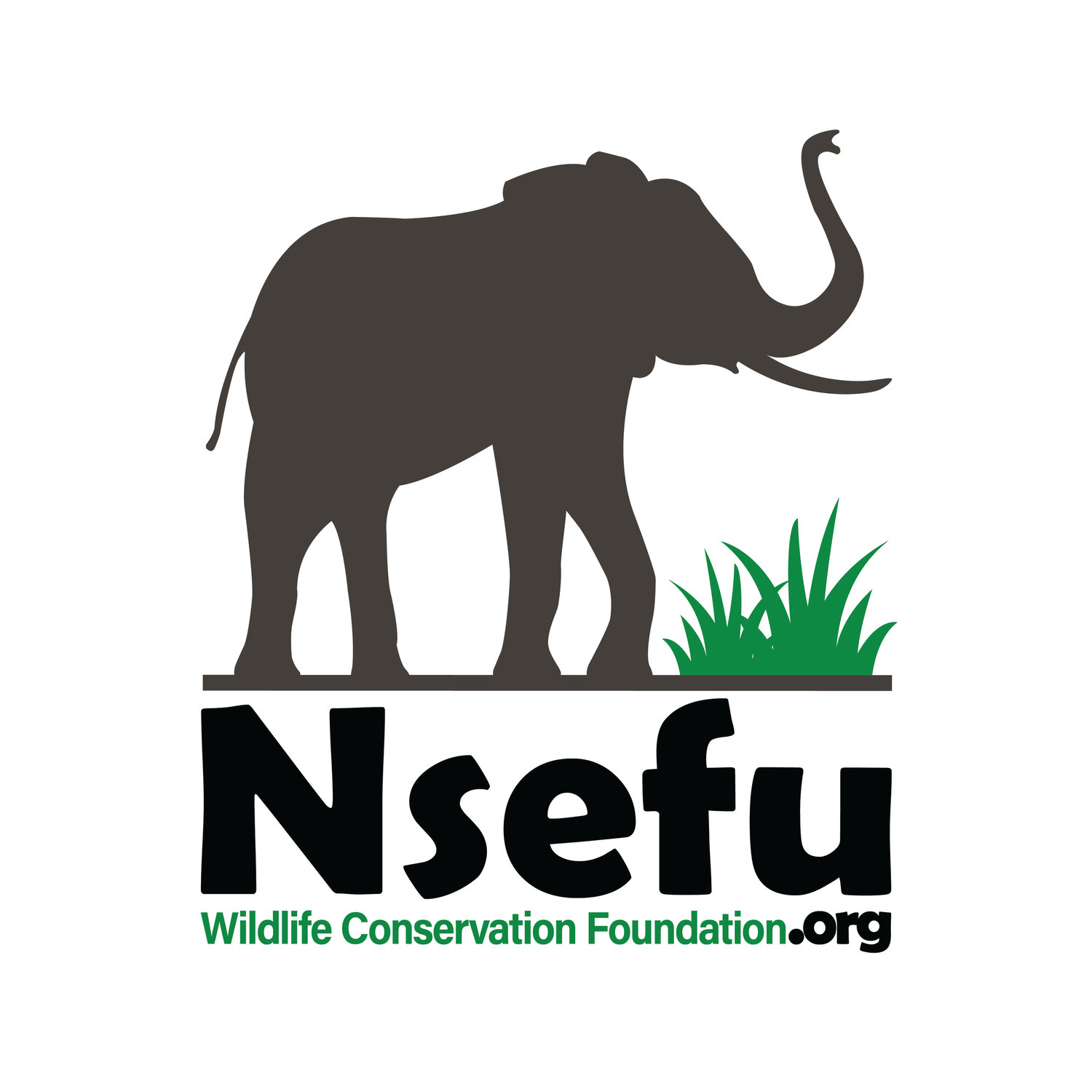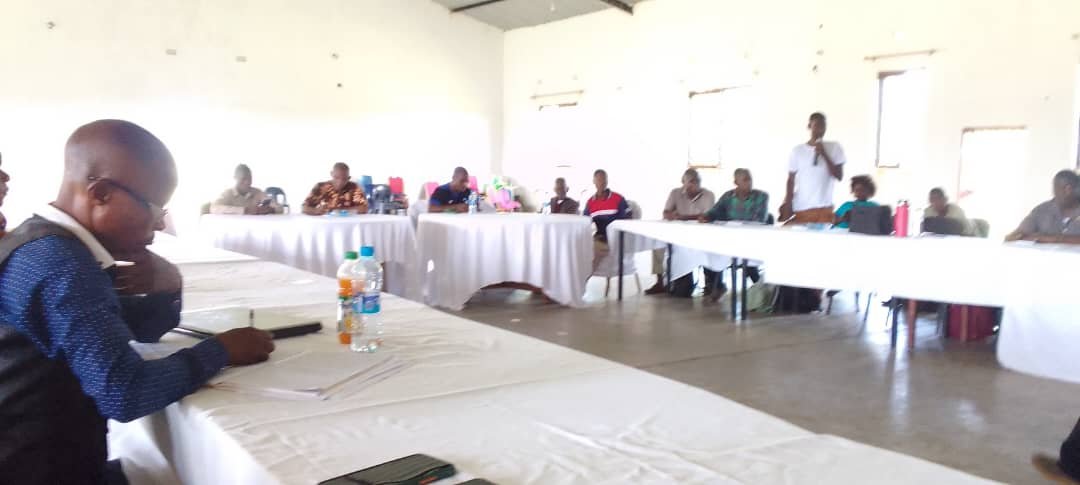Q4 - Human Wildlife Conflict Stakeholders Meeting
4th Quarter Human-Wildlife Conflict Stakeholders Meeting Report
Date:16/12/ 2024
Venue: Msibiti Garden, Mfuwe, South Luangwa.
The 4th Quarter Human-Wildlife Conflict (HWC) Stakeholders meeting was convened at Msibiti Garden in Mfuwe, South Luangwa, to deliberate on key issues surrounding the growing challenges of HWC in the region. The meeting brought together stakeholders from government agencies, non-governmental organizations, community representatives, tourism operators, conservationists, and other interested parties.
The main objective of the meeting was to assess progress, evaluate the effectiveness of strategies implemented throughout the year, and devise actionable plans for 2025 to mitigate HWC while promoting coexistence between humans and wildlife.
Attendance
A total of 273 participants attended the meeting, representing the following key stakeholders:
Department of National Parks and Wildlife (DNPW)
Nsefu Wildlife Conservation Foundation (NWCF)
Kusungwa Luangwa (KL)
Chipembele Wildlife Education Trust (CWET)
Wildlife Crime Prevention (WCP)
Bio Carbon Partners (BCP)
Community Resource Boards (CRBs) - All Mambwe District
Conservation South Luangwa (CSL)
Tourism Operators Association - South Luangwa
Traditional Leaders (Chiefs Rep)- All in Mambwe District.
Zambian Carnivore Programme (ZCP)
Local authorities and government representatives.
Key Issues Discussed
Review of 2024 HWC Incidents
Reported Cases : A detailed report highlighted an increase in crop raids, property damage,livestock predation, and human fatalities, especially during the dry season.
Hotspots Identified : Chiefdoms such as Nsefu,Mwanya,Kakumbi, Malama, and Jumbe were flagged as high-risk zones due to their proximity to protected areas.
Species Involved : Elephants, Hippos, Leopards,Hyenas, Buffalos,Bushpigs,lions, and crocodiles accounted for the majority of conflicts.
Assessment of 2024 Mitigation Measures
The meeting reviewed the performance of current mitigation strategies, such as:
Chili Fences : Progress noted in reducing elephant raids but limited adoption by some communities.
Bio fence: Progress noted in reducing elephant crops damage but there's still need of extension inorder to cover more farming fields.
Solar-Powered Electric Fencing : Mixed results due to maintenance issues and funding challenges.
Community Awareness Campaigns : Increased community involvement but highlighted the need for more capacity-building initiatives.
Rapid Response Teams : Effectiveness acknowledged, but limited by understaffing and inadequate resources.
Funding and Resource Mobilization
Financial constraints were highlighted as a recurring issue.
Suggestions included engaging private sector players, increasing tourism levies, and applying for international conservation grants.
Human Safety and Wildlife Conservation Balance
Emphasis was placed on promoting coexistence through education and sustainable land-use practices.
Key Resolutions and Action Points
Enhanced Collaboration: Strengthen partnerships among all stakeholders to foster a coordinated approach to HWC mitigation.
Increased Funding: Explore innovative financing options, including partnerships with the tourism sector and international donors.
Scaling Up Mitigation Measures
Expand the implementation of effective measures such as bio fence ,chili fences and electric solar fencing to deter elephants.
Community Involvement
Train and equip local communities to act as first responders.
Roll out awareness campaigns tailored to vulnerable areas.
Monitoring and Evaluation
Establish a comprehensive HWC monitoring framework to track progress and inform decision-making.
Challenges Highlighted
Inadequate funding and resources for mitigation programs.
Lack of community capacity to maintain protective measures.
Growing human population and habitat encroachment exacerbate conflicts.
Closing Remarks
The meeting concluded with a renewed commitment from all stakeholders to work collaboratively towards addressing HWC in South Luangwa.The chairperson who's the Area Warden from DNPW urged all participants to ensure timely implementation of the resolutions and set tentative dates for follow-up meetings in 2025 to review progress.
—-
Prepared by:
Jonathan Kachikoti - NWCF
Date:16/01/2025



